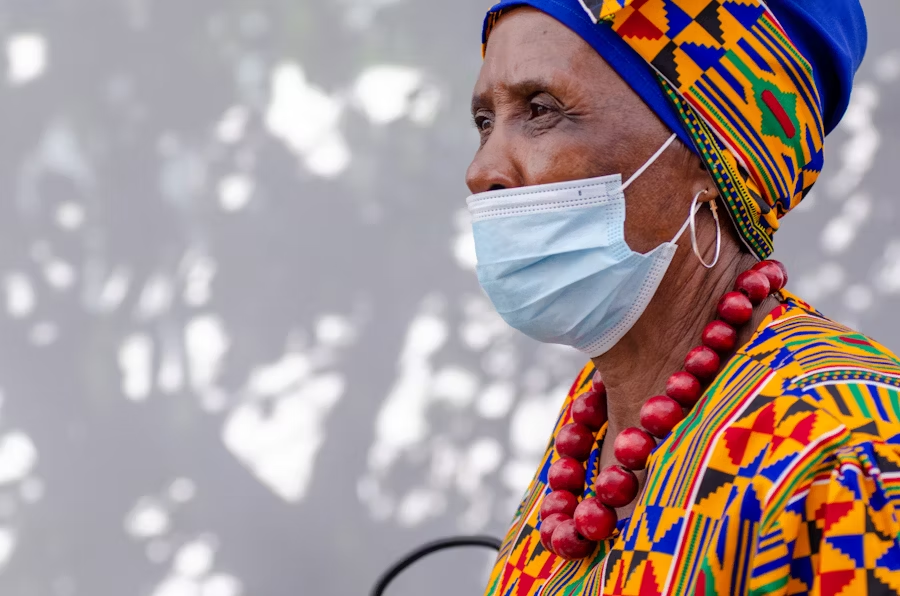
Decolonizing Global Health Scholarship: Time to Get Serious About Its Deep Flaws
Luchuo Engelbert Bain, MD, PhD.
Over the past few months, I’ve had the privilege of being invited to speak at McGill University, Brighton and Sussex Medical School, Strathmore University, the University of Johannesburg’s Department of Psychology, and the Dahdaleh Institute for Global Health Research at York University. One theme has stood out clearly: while the imperative to decolonize global health is undeniable, the current scholarship remains deeply flawed and demands critical rethinking.
In my view:
1. The decolonization of global health scholarship has become a trend—but one marked by performance over substance. Much of the discourse lacks intellectual rigor, historical grounding, and theoretical coherence. Instead of disrupting power hierarchies, it too often reinforces them through elite capture, symbolic panels, and shallow critiques. With the biomedical model still dominating and the social sciences sidelined, the structural and epistemic foundations of coloniality remain intact.
2. Real reform demands we ask tougher questions about who sets agendas, who gets funded, and why Global South scholars remain underrepresented. Without strategic investment by Southern governments and bold, grounded leadership from within, the movement risks irrelevance. We need a new generation of scholars—tenacious, well-informed, and unafraid to challenge global health’s status quo from within.
I have argued elsewhere, that to effectively add meaning to the decolonization of global health movement, we must continuously question:
knowledge, expertise, methods, power, agenda.
For whom, by whom, with whom!!!





